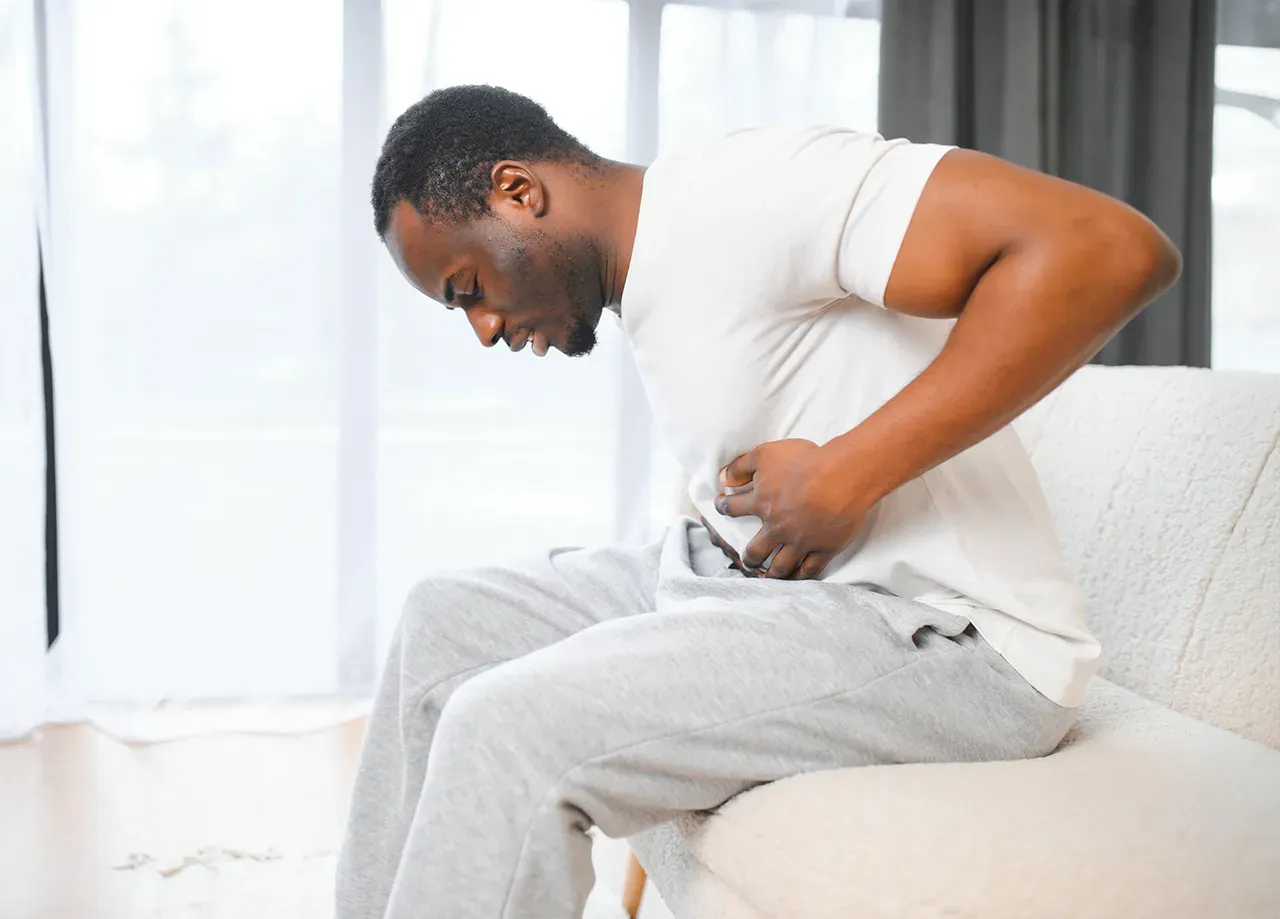
Conveniently reserve your spot with just a few clicks through our easy-to-use online booking system.


Gallstones are hardened deposits of digestive fluid that form in the gallbladder, a small organ located near your liver. These stones can cause no problems at all, but they can also trigger sudden and severe pain in your upper right abdomen or between your shoulder blades, especially after eating fatty foods.
You are not required to provide a referral letter from your doctor or GP.
Start a visit quickly and discreetly whenever works best for you.
Our doctors review symptoms, prescribe treatments if needed.
Proceed with your healthcare journey as you wish. You're in control.
You control medical records, access anytime.
Symptoms differ from person to person. Not everyone feels gallstone pain. Some don't notice a thing, while others get sharp pains in their upper belly.
Here are gallbladder symptoms that you might encounter:
A stabbing pain in the upper abdomen that can last for hours
Pain in the back between the shoulder blades or under the right shoulder
Nausea bloating or vomiting
Fever or chills, indicating an infection
occasionally jaundice
These symptoms often arise after a meal, particularly one high rich in fat. It's essential not to ignore these signs; understanding them can be the first step towards finding relief.
Feeling unusual belly pain? It's always a good idea to get checked. We're here, ready to pinpoint the issue and guide you, ensuring you feel cared for from start to finish.
Сontact us to schedule an appointment or learn more
Conveniently reserve your spot with just a few clicks through our easy-to-use online booking system.
Have a question or request? Drop us a message, and our team will get back to you promptly.
Feel free to give us a call, and our friendly staff will be glad to assist you over the phone.
There is no one cause of gallstones. Instead, several risk factors are at play. Here's what you need to know.
Gallstones are formed in the gallbladder, often as a result of an imbalance in the components of bile.
The gallbladder stores bile and absorbs water from bile thus concentrating bile. The supersaturation leads to hard particles developing due to excess of cholesterol or bilirubin (a chemical resulting from the breakdown of old red blood cells).
Occassionally a gallbladder that doesn't regularly empty bile can also lead to the formation of gallstones.
Several factors can increase the likelihood of developing gallstones:
Age and Gender: Older people and women, especially those with multiple childbirths, are at a higher risk.
Weight: Excess body weight, particularly around the waist, can impact the gallbladder's efficiency.
Pregnancy: Elevated cholesterol levels in bile during pregnancy can increase gallstone risk.
Diet: A diet high in fat and low in fibre may contribute to the development of gallstones.
Family History: A history of gallstones in the family can indicate a heightened risk.
Being aware of these factors is crucial for proactive health management. If you identify with any of these risk elements, consider consulting with our doctors for personalised advice and, if needed, gallbladder tests to ensure optimal health. Your unique health journey is important; armed with the right information, you can navigate it confidently.









